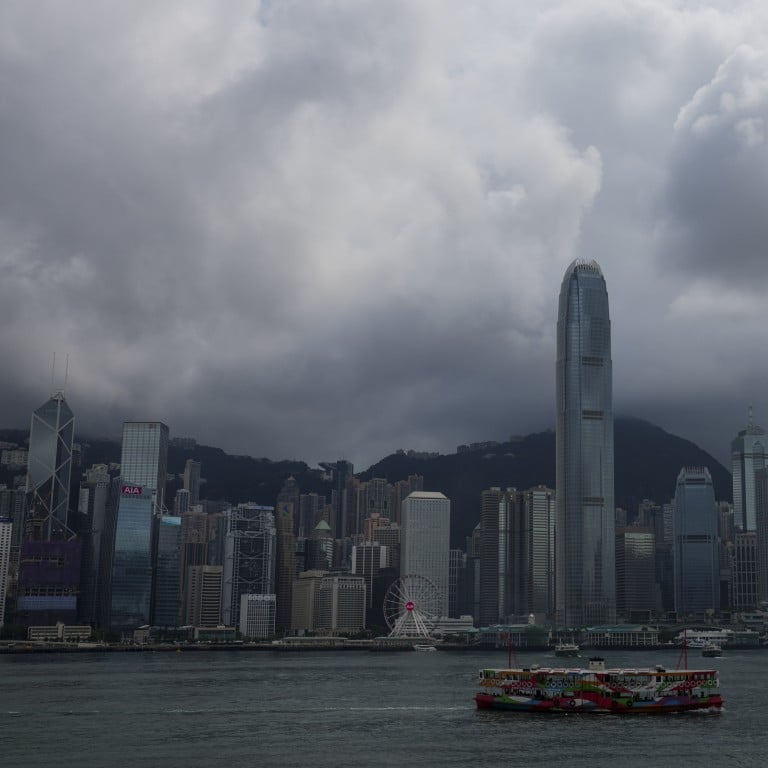
Hong Kong banks face higher risks on mainland lending as China’s economy slows, property woes deepen, Moody’s says
- Moody’s Investors Service warns slowdown in Chinese economy could weigh on loan portfolios of some banks in Hong Kong
- Property sector’s financial difficulties remain a concern as real estate loans account for up to 35 per cent of Hong Kong banks’ mainland lending
A slowdown will be particularly acute for lenders in Hong Kong, with lending in the mainland accounting for as much as 35 per cent of some banks’ loan portfolios, according to the credit rating agency.
“The impaired loan ratios for Hong Kong banks’ mainland loans will likely further rise this year in light of China’s economic slowdown, after increasing more abruptly than overall loan exposures over the six months to March 2022,” Helen Zhang, a Moody’s analyst said.
China’s economy grew 4.8 per cent in the first quarter, well below the government’s full-year gross domestic product growth target of 5.5 per cent as the nation continues to pursue a “zero Covid” policy to try to control the spread of Covid-19.
Last month, the World Bank cut its full-year forecast for China’s economic growth to 4.3 per cent, from 5.1 per cent in December.
Beijing is expected to release its second-quarter figures on Friday in a closely watched report on the health of the world’s second biggest economy, one that could be a test of its zero-Covid goals. The first-quarter figures included lockdowns in some cities, but not the effects of a two-month lockdown in Shanghai that began in April.
“We would rather temporarily affect a little economic development, than risk harming people’s life safety and physical health, especially the elderly and children,” Xi said at the time.
However, about a fifth of Hong Kong banks rated by Moody’s have recently increased their lending in mainland China at a faster pace than the growth of their overall loans since 2016, according to the rating agency.
As the economy slows, banks that have rapidly increased their lending or mainly lend to privately owned enterprises and smaller companies will face higher risks to their portfolios, Moody’s said.
The ongoing difficulties in the property sector also continue to pose a risk, with real estate loans accounting for 20 per cent to 30 per cent of Hong Kong banks’ mainland portfolios.
Amid the worsening outlook for the nation’s economy earlier this year, both HSBC and Standard Chartered took US$160 million credit impairments for potential soured loans in their Chinese commercial real estate books in the first quarter.
“Given the property sector downturn in mainland China, exposure to the mainland real estate sector poses a high asset risk for Hong Kong banks,” Moody’s said. “Majority of Hong Kong banks lending to Chinese property sector is offshore. Offshore lending is usually riskier than onshore, considering sources of loan repayment, collaterals and loan recovery issues.”


